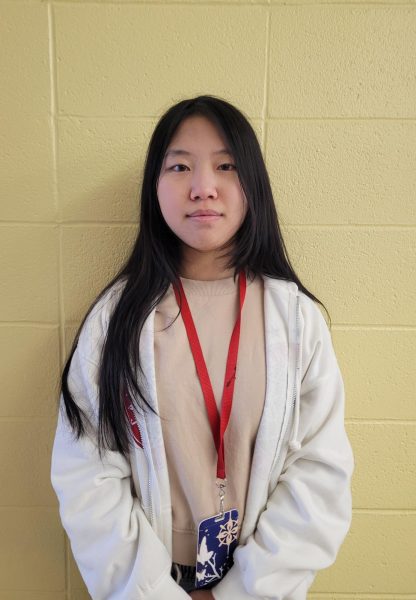The Dana-Farber Cancer Institute (DFCI), Harvard University’s institute for cancer research in Boston, is looking to retract six studies and correct 31 more after allegations of image manipulation and data forgery.
The allegations were first brought forth by molecular biologist and data sleuth Sholto David in a scathingly critical blog published on the research integrity forum For Better Science. The contents of the article alleged numerous instances of image manipulation on DFCI’s part—among the irregularities indicated in the article are data duplication and falsification, image manipulation, as well as statistical errors. In the blog, David condemned the papers’ errors as “pathetically amateurish and excessive” and concluded that “a swathe of research coming out of DFCI authored by the most senior researchers and managers appears to be hopelessly corrupt with errors that are obvious from just a cursory reading.”
According to a statement by DFCI Research Integrity Officer Barrett Rollins, David had contacted DFCI with allegations of data manipulation in 57 DFCI manuscripts.
Since the allegations were released, DCFI has announced that the papers would undergo internal review. So far, six manuscripts are to be retracted and 31 more would be corrected, for a total of 37 studies.
Rollins, who co-authored two of the studies but has since been recused from investigations involving said studies, also added that the “presence of image discrepancies in a paper is not evidence of an author’s intent to deceive” and that “[the DFCI’s] experience is that errors are often unintentional and do not rise to the level of misconduct.”
The outside scientific community is not convinced, however. The errors in the papers flagged by David are not isolated incidents, and more academic misconduct accusations were to come. In fact, another charge would be brought against Harvard Medical School professor and neuroscientist Khalid Shah only a month following the posting of David’s blog.
Elisabeth Bik, a microbiologist and data sleuth who contributed to the findings of the errors flagged by David’s blog, alleged 44 instances of data manipulation and plagiarization against Shah. In particular, Bik focused on sleuthing in a 2022 article co-authored by Shah in which images appear to have been lifted from several papers and websites authored by independent scientists. Both Shah and Nature Communications, the scientific journal that published the article, declined to comment for the Harvard Crimson article reporting on the situation.
Regardless, it seems implausible to attribute all the recurring errors to simply sloppiness and unintentional blunder. Some speculate that the competitive, cutthroat academic environment has encouraged researchers to cut corners in order to pump out more work and achieve a name for themselves faster.
“The academy has too much pressure to cut corners, manipulate data, and speed past potential issues during peer review and editorial review,” Adam Kissel, visiting fellow at the Heritage Foundation’s Center for Education Policy, said to the Daily Caller News Foundation. “The academy probably needs to rebalance quality vs. quantity in research output.”
In any case, these “oversights” have become too numerous to be ignored, and the frequency of these copy-paste data samples and image alterations in papers at Harvard have placed the esteemed institute’s academic integrity and research quality under public scrutiny.













































































































































